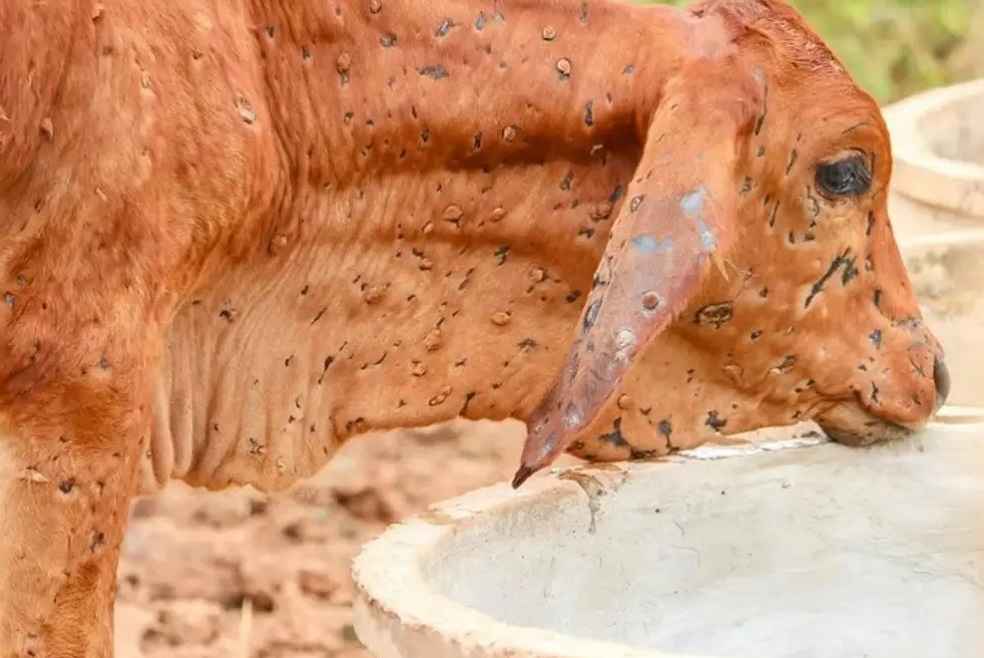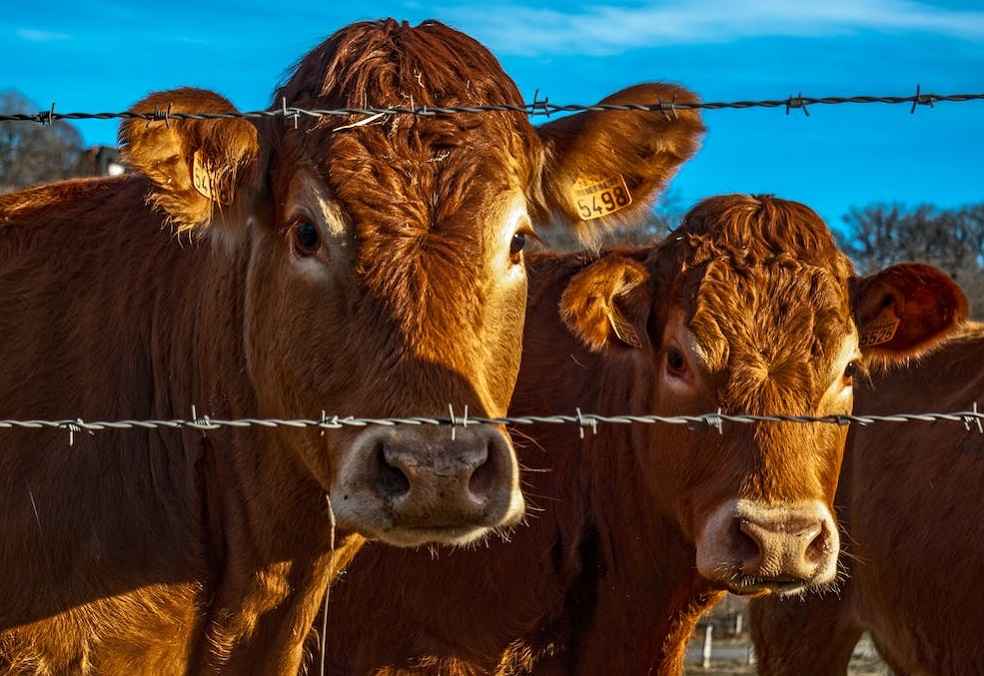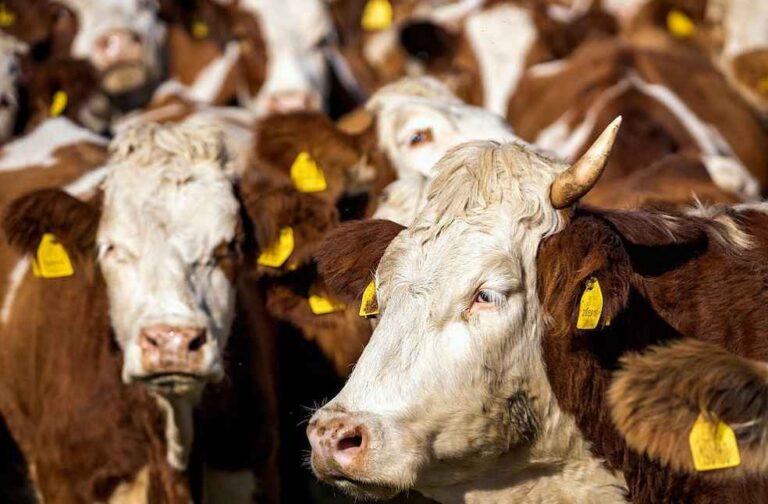Upholding the intricacies of global trade reverberations, Malaysia recently suspended the live buffalo and cattle imports from Australia, echoing a similar decision by Indonesia last month. These suspensions arose from concerns over lumpy skin disease (LSD). Despite these actions, Australian authorities adamantly declare their nation devoid of this livestock ailment.
Australia’s chief veterinarian, Dr. Mark Schipp, asserts that LSD remains undetected within the nation’s borders. Drawing attention to Malaysia’s decision, he believes it is influenced by Indonesia’s findings of LSD in cattle exported from Australia. Dr. Schipp conveyed, “Australia is actively dialoguing with Malaysian authorities, emphasizing our robust animal health systems and the absence of LSD.”
While Indonesia cites 13 cattle from Australia afflicted with LSD, Australian experts contend that these cattle contracted the disease after their arrival on Indonesian soil. The ramifications for Australia are palpable; an LSD outbreak could compel the nation to pause meat and dairy exports, potentially leading to a financial blow of over $7 billion within a year.

Although Malaysia is a comparatively minor live export market for Australia compared to Indonesia, with nearly 20,000 heads exported annually over the past five years, its decision to halt imports is significant. Malaysia’s imports have traditionally included cattle for slaughter from northern Australia and breeding cattle from the south.
Accelerated LSD tests are underway. Federal Agriculture Minister Murray Watt stresses the government’s dedication to addressing concerns from both Indonesia and Malaysia. “The testing results are starting to come in and there is nothing that we have seen so far to alter our position that we are free of lumpy skin disease,” stated Mr. Watt.
Dr. Schipp has reported Australia’s LSD-free status to the World Organization for Animal Health, adhering to global standards. He highlighted, “While Indonesia has sought assurances that Australian cattle comply with their health requirements, it is important to recognize that Australian livestock products continue to be traded, and the detection of LSD in cattle of Australian origin post arrival in Indonesia does not affect the animal health status of Australia,”

Australia’s government remains forward-looking, anticipating a timely resolution and trade rejuvenation. The country’s swift response, in-depth testing, and adherence to global standards exemplify their commitment to preserving both livestock health and bilateral trade ties. Such incidents highlight the crucial role of preparedness, communication, and mutual respect in global commerce.
IMEX SECTOR | Tunisia Targets South Korea for Expansion of Olive Oil Exports



